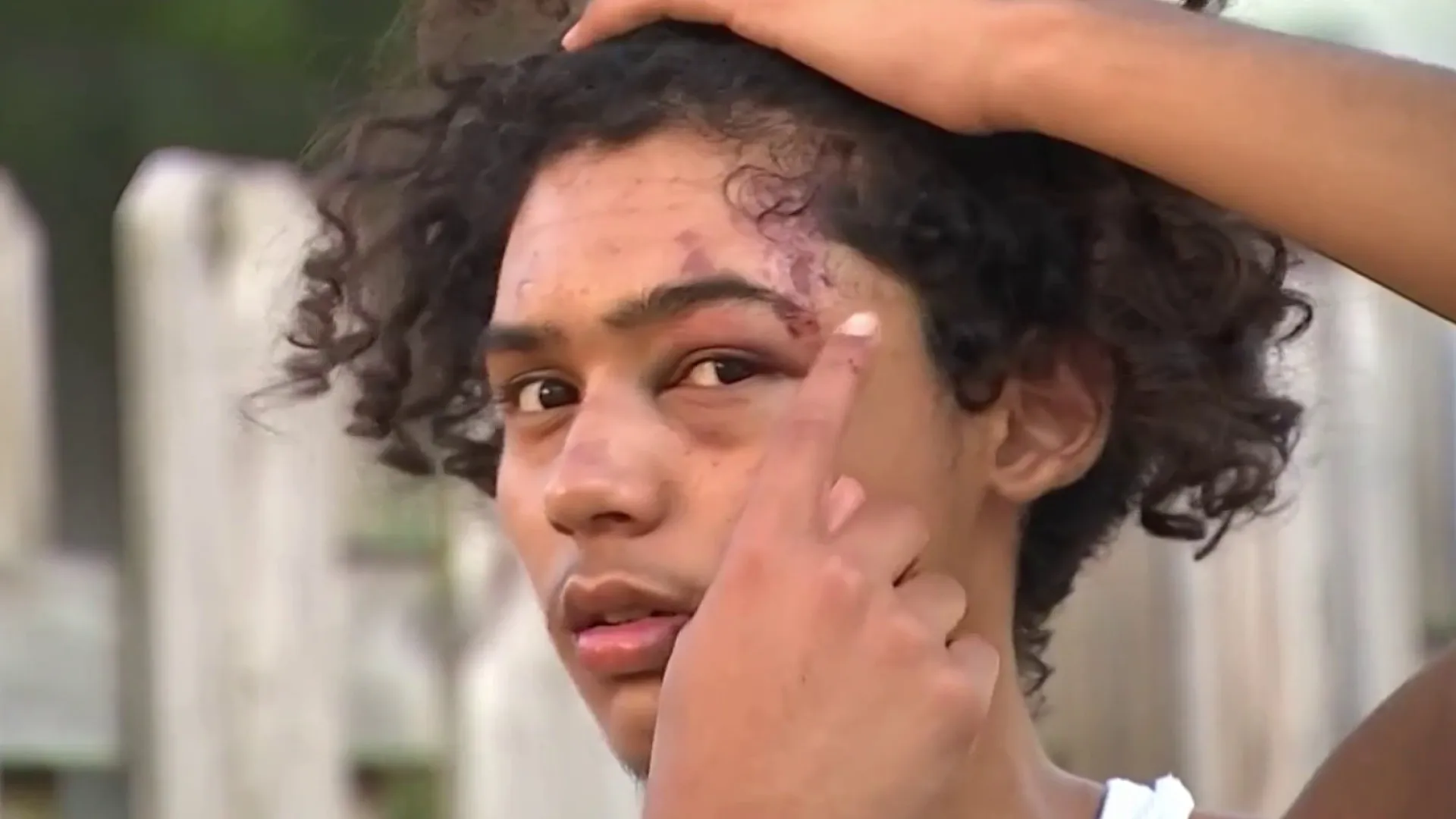Gracie Martinez is one of the 59 registered nurse anesthetist students at Barry University who will be graduating early to get out on the front lines of the coronavirus pandemic.
“I am very eager. It’s hard to sit at home and not be able to do much,” Martinez said.
She’s already had years of experience as an ICU nurse, but now she and her classmates will go back into the workforce with even more specialized training critical for taking care of COVID-19 patients.
“We're very prepared to help with emergency intubation, ventilator management, especially managing critically ill patients," she said.
Kathleen Green is in the same program and is ready to join the fight.
“I signed up for this career for a reason and getting out there and helping others is what I want to do,” Green said.
On top of moving up graduation, Barry University has been working to make sure these nurses can take their board exams once they graduate since the testing sites had closed down due to social distancing.
Local
“Every one of them has exceeded the requirements set forth for the number of hours and the number of cases that they have to do in their residency,” said Dr. John McFadden, Dean of the College of Nursing and Health Science.
The students are only graduating a few weeks early, but at such a critical time McFadden says every day matters.
There’s a similar dialogue going on across the country, trying to find ways to get much needed nursing students into the workforce to help despite the disruptions to their programs.
“We convened a group of deans and educators and healthcare providers to create a framework so they could work together to open up access for students into the clinical areas,” said David Benton, the CEO of the National Council of State Boards of Nursing.
One step they’ve already taken is making the NCLEX, the board exams, shorter from 6.5 hours to 4 hours. They say the difficulty is the same but it allows more students to take it during social distancing.
“When we looked at the statistics, we identified that we could reduce the length of the exam but the precision of measurement would remain absolutely the same,” Benton said.
Nursing students have to do a certain number of clinical hours, but for a lot of students that has been impacted because hospitals and healthcare providers are dealing with this pandemic.
The other recommendation from the NCSBN is that up to 50% of clinical hours can be done through simulations, that way the nursing students can keep moving towards graduation.



